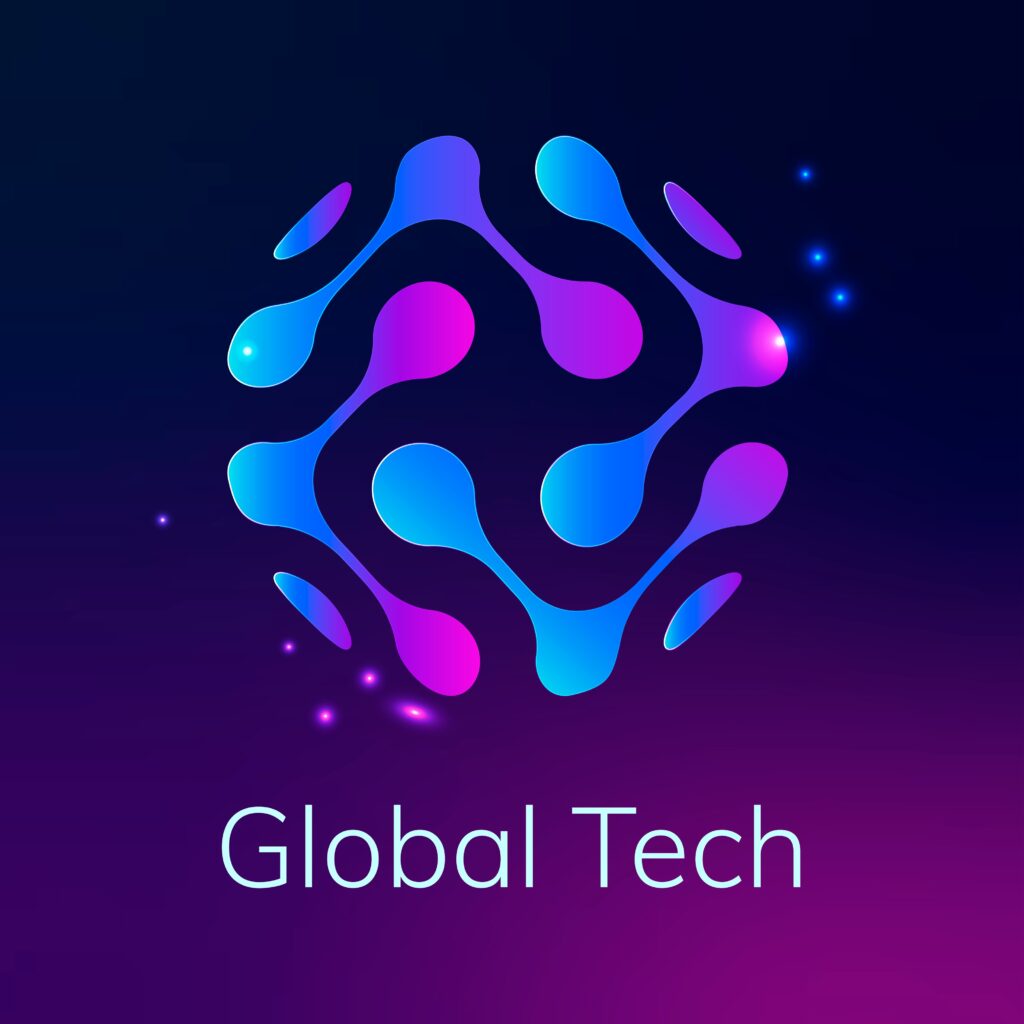Whistleblower Raises Copyright Issues Against OpenAI Highlighted by Balaji’s Parents
Whistleblower Raises Copyright Issues Against OpenAI Highlighted by Balaji’s Parents
In the ever-evolving world of artificial intelligence (AI), ethical debates and copyright concerns are gaining increasing attention. Among the latest controversies, a whistleblower has raised significant copyright issues against OpenAI, shining a spotlight on how advanced AI systems utilize data in ways that may infringe upon intellectual property rights. The case was brought to public attention after Suchir Balaji’s parents voiced their concerns regarding the matter, further fueling the discussion about transparency and accountability in AI development.
The Growing Complexity of Copyright in AI Systems
AI systems like those developed by OpenAI rely on massive datasets to train their algorithms. These datasets often include copyrighted works such as books, artwork, and music. While this allows the AI to perform tasks like text generation, content summarization, and creative work simulations, it also raises a contentious question: Are these AI systems knowingly or unknowingly violating copyright laws?
Balaji’s parents have joined the growing chorus of voices advocating for stricter scrutiny of large language models (LLMs) like OpenAI’s ChatGPT. They claim the whistleblower’s revelations provide not just anecdotal evidence, but also concrete examples of how these AI systems operate within legally ambiguous boundaries. Copyright concerns in AI are no longer speculative but have real-world implications for content creators, tech companies, and policymakers.
Whistleblower Claims Against OpenAI
According to reports, the whistleblower—whose identity remains anonymous for their protection—alleges that OpenAI has built its systems using an extensive array of copyrighted materials without proper authorization. This could include copyrighted written works, custom software codes, music, and other intellectual properties. While these allegations are not entirely new in the tech industry, the whistleblower has provided detailed information regarding the possible misuse of proprietary content by OpenAI.
Key Concerns Highlighted by the Whistleblower:
- The lack of transparency: OpenAI and other tech giants often employ non-disclosure clauses and technical jargon in legal agreements, making it unclear how copyrighted material is used within AI systems.
- No compensation for creators: Writers, artists, and software developers whose work could have been leveraged during AI training sessions are rarely compensated.
- Potential misuse of licensed works: Even content that is legally licensed for research purposes might have been improperly used in downstream commercial products.
The whistleblower specifically calls for ethical AI practices and tighter copyright regulations, echoing the concerns raised by Balaji’s parents.
Balaji’s Parents: Advocates for Ethical AI
Suchir Balaji’s parents have vocalized their concerns about the ethical implications of OpenAI’s practices, framing the discussion within the larger context of AI accountability. As parents of a young tech enthusiast eager to contribute to the AI field, they feel compelled to ensure that corporate practices align with ethical standards. For them, the whistleblower’s claims offer a wake-up call for the industry and society at large.
Why Their Involvement is Significant
Balaji’s parents, though not directly connected to the whistleblower, have amplified these claims by leveraging their voice as citizen activists. They stress that:
- The rapid pace of AI innovation has outpaced legal frameworks, leaving gaps that could be exploited.
- Future generations of AI developers, like their own child, should not inherit systems that thrive on legal ambiguities and questionable practices.
- Copyright law must evolve alongside technology to protect both creators and consumers.
Implications for OpenAI and the Broader AI Industry
These allegations, coupled with the public attention drawn by Balaji’s parents, have created a wave of scrutiny for OpenAI and its counterparts. While OpenAI has not issued a formal response to these specific claims, the organization has previously stated that it adheres to legal standards, citing its commitment to using datasets in ethical and legally compliant ways. However, experts in the field suggest that this incident could set a precedent that ultimately changes how AI companies operate.
Potential Industry-Wide Changes:
- Greater transparency: Companies like OpenAI may need to disclose more detailed information about the provenance of their training data.
- Compensation models: Content creators may push for revenue-share models or licensing agreements to gain a cut from AI technologies that leverage their work.
- Stricter regulations: Governments could introduce policies demanding that AI companies adhere to rigorous copyright guidelines or face legal consequences.
The Role of Policymakers and Regulatory Bodies
Governments around the world are grappling with how to address the legal and ethical challenges posed by AI. This latest controversy has added urgency to the matter, pushing policymakers to act. Regulatory bodies could enforce stricter copyright audits for tech companies, ensuring that AI models comply with intellectual property laws.
Balaji’s parents have suggested that legislation should also incentivize the creation of open-source datasets free from copyright conflicts. They contend that such measures could pave the way for ethical AI development while offering equitable solutions for content creators.
The Bigger Picture: Why This Matters
The whistleblower’s allegations and the subsequent advocacy from Balaji’s parents underscore a broader issue—how do we balance innovation with responsibility? AI promises to revolutionize industries, but unchecked growth could lead to ethical lapses and legal entanglements. As society relies more on AI-driven decision-making and automation, these controversies reflect a crucial moment for the tech industry to reform its practices.
Takeaways:
- AI companies like OpenAI must build trust by demonstrating ethical practices and respecting copyright laws.
- The voices of individuals, like Balaji’s parents, are essential in holding corporations accountable.
- Technological advancements should not come at the expense of intellectual property rights and ethical considerations.
Conclusion
As the whistleblower’s revelations unfold, and as activists like Balaji’s parents continue their advocacy, the debate about copyright and AI is likely to intensify. This case serves as a stark reminder of the responsibilities borne by tech companies and the importance of ethical innovation. OpenAI, and the industry as a whole, must take meaningful steps to address these concerns—ensuring AI’s growth remains both creative and just.
“`
